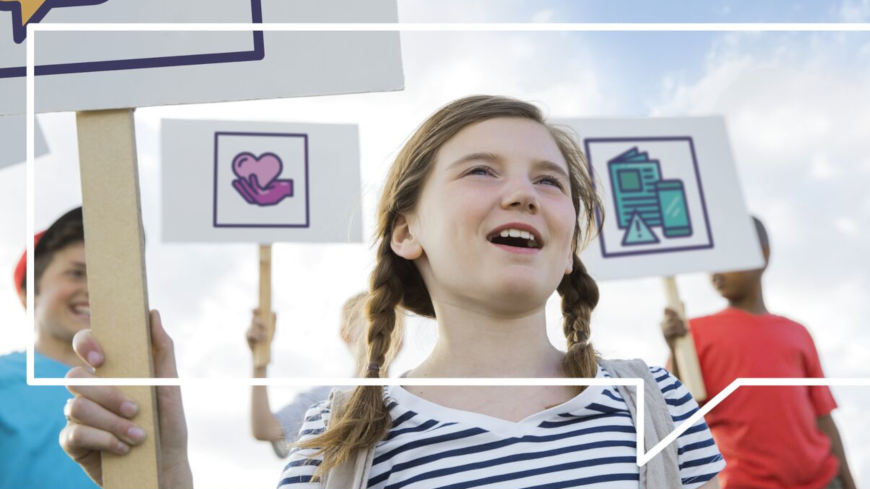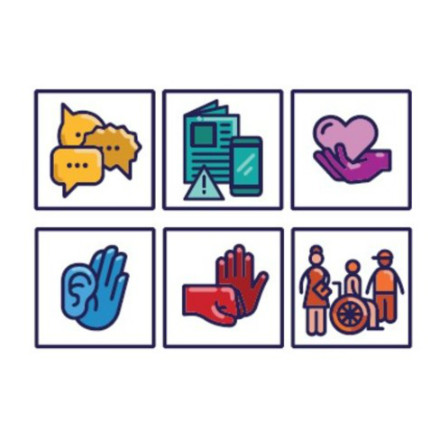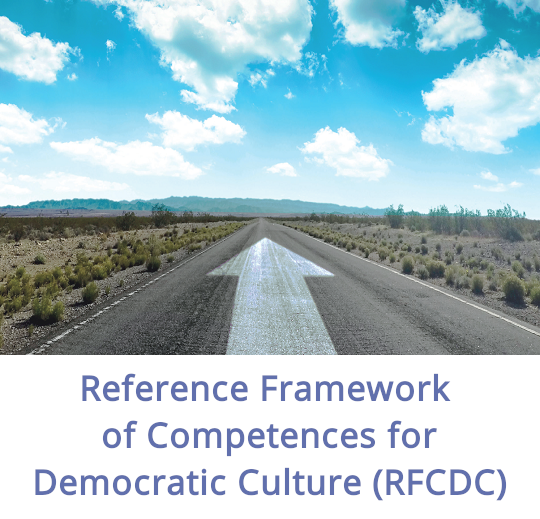RFCDC - Learning activities based on the COVID-19 pandemic

The COVID-19 pandemic has had a major impact on the education of young people. There has been a significant loss of teaching and learning time, the continuity of learning has been severely disrupted, and there are likely to be long-term impacts on learners’ educational outcomes. Everyday life during the pandemic has also raised some serious challenges for educators and young people alike.
These challenges include:
- How to deal with the flood of misinformation about COVID-19
- The prejudices and hostility towards certain groups of people that have arisen during the pandemic
- The human rights’ implications of the public health measures that have been adopted
- How to ensure the well-being of learners who have been deprived of face-to-face social contact with their friends during lockdown
- How to deal with the negative emotions and feelings that have been elicited by the pandemic
All of these challenges, and many others, may nonetheless be used as an opportunity to promote learners’ competences for democratic culture. The Council of Europe has therefore developed a set of learning activities that may be used in primary and secondary education, all of which are based directly on the challenges raised by the COVID-19 pandemic. Each activity has been designed to foster a set of specific competences, and all of the activities relate to one or more of the six themes of the Democratic Schools Network.

Tackling discrimination

Making children's and students' voices heard

Dealing with propaganda, misinformation and fake news

Preventing violence and bullying

Addressing controversial issues

Improving well-being at school

Building an inclusive and democratic school during and after COVID-19



